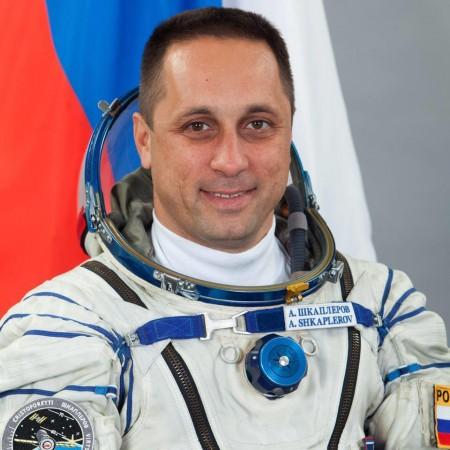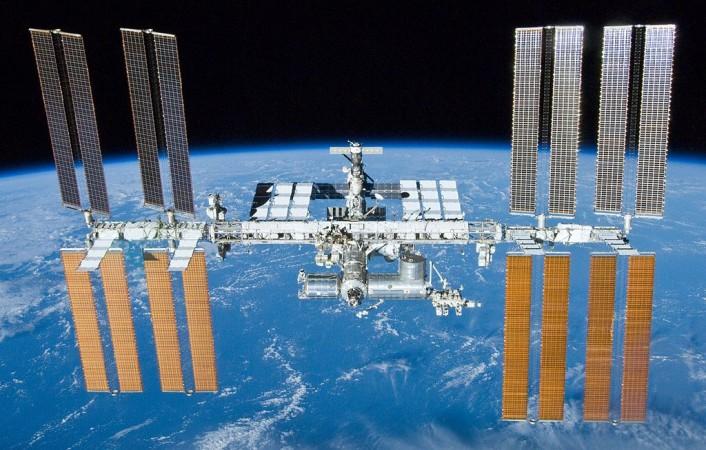
Alive bacteria have been found outside the International Space Station (ISS) and a cosmonaut thinks that the microbes could be extraterrestrial.
According to Anton Shkaplerov, a Russian engineer, the microbes were not present on the ISS at the time of the launch and they probably belonged to outer space.
These living bacteria were found outside the ISS by the cosmonauts when they were collecting samples of the station's hull. They also collected samples from places where the waste fuel got collected as well as other obscure parts of the ISS.

ALSO READ: Boob-shaped UFO spotted by Australian man while using Google Street View
Samples of the bacteria were collected from the external surface of the ISS using cotton swabs. These samples are now being taken to Earth for further analysis. The initial study of these samples aboard revealed that the bacteria are harmless to humans.
"And now it turns out that somehow these swabs reveal bacteria that were absent during the launch of the ISS module. That is, they have come from outer space and settled along the external surface. They are being studied so far and it seems that they pose no danger," said the Russian astronaut as reported by TASS.
ALSO READ: Mysterious white object spotted in a NASA launch footage [VIDEO]
Shkaplerov stated that these microbes do not pose any danger to humans.
In previous findings, bacteria from Earth were detected on ISS. These microbes reached the outer space by attaching themselves to the surface of the ISS.
Shkaplerov stated that the previously detected bacteria was accidentally carried to the ISS by tablet PCs along with other materials which are placed on ISS for long time periods to analyse the behaviour of the material in outer space.
ALSO READ: Conspiracy theorist claims Apollo moon landing was hoax, posts photo as proof [VIDEO]
Earlier in September this year, shape-shifting microbes were spotted on the ISS. This research was carried out by a cohort of researchers from the University of Colorado and the team was led by Dr Luis Zea.
This phenomenon of the bacteria in near-weightless environments could prove to be dangerous for infected astronauts who were on medication as these microorganisms required antibiotics in stronger concentrations to be terminated.
ALSO READ: NASA releases Cassini's 'farewell image' of Saturn and its moons
"We knew bacteria behave differently in space and that it takes higher concentrations of antibiotics to kill them," Dr Luis Zea stated.
"What's new is that we conducted a systematic analysis of the changing physical appearance of the bacteria during the experiments," he added.









